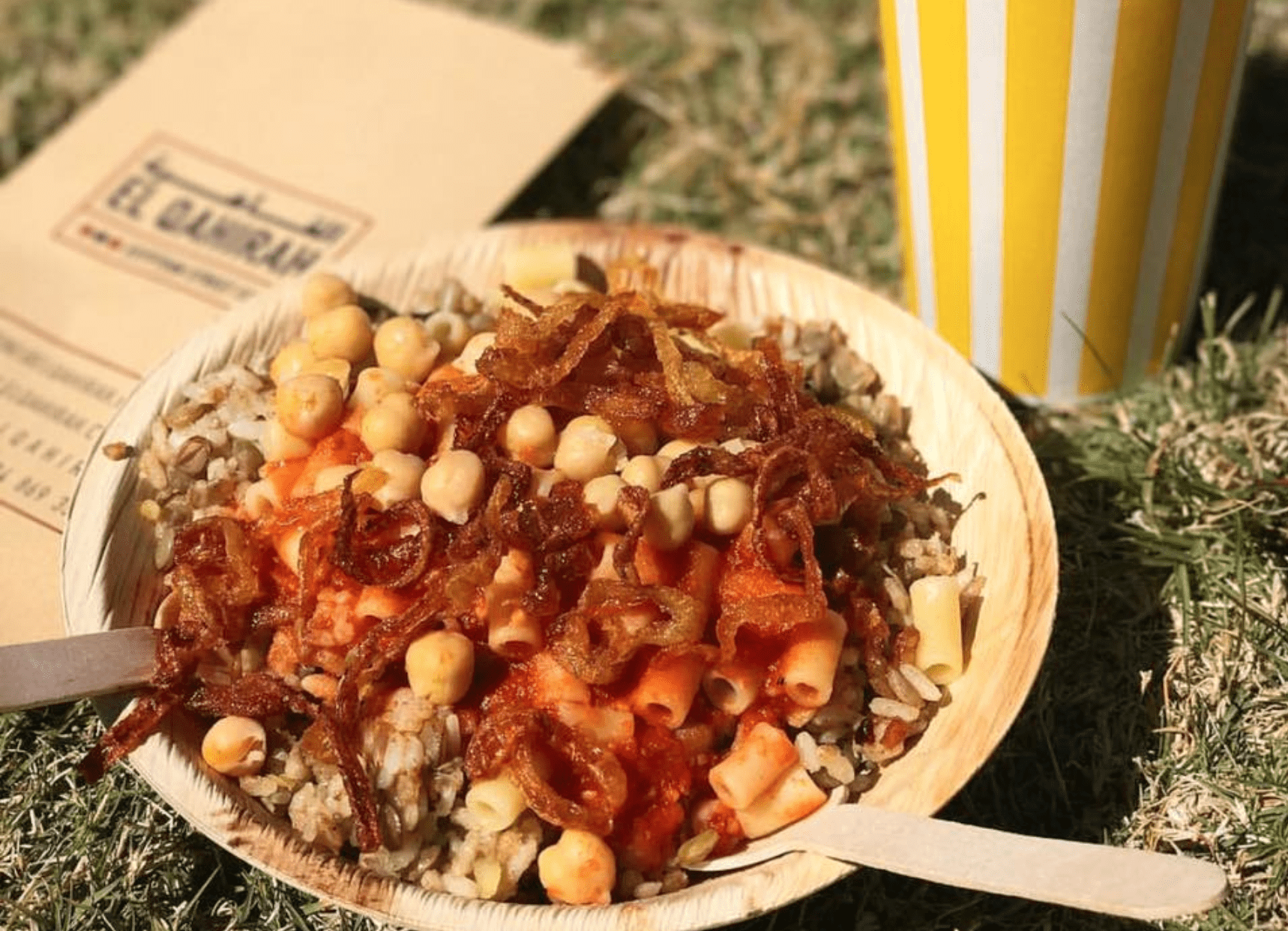
The rise of the Food Truck. Setting up and financing your own.
- No impact on credit score
- Fast turnaround times
"*" indicates required fields

"*" indicates required fields
Food trucks have become Australia’s most in-demand summer eating craze like the globalisation of fashion trends from beau monde cities like Los Angeles and New York.The surprise is gourmet quality, affordable international cuisines from anywhere around the world from Morocco to Mexico in areas around our cities and suburbs offering late evenings suppers, festival eats, or a gourmet dinner with portable seating in a carpark on the way home from work or the kids sport. In this article we cover off information you need to know about the industry, what you need to consider when setting up your food truck and how to fund your business with a Truck Loan or Business Finance.
Forget the dinghy stainless steel boxed truck pushing cheap ice popsicles at the suburban seasonal fairs, school fetes or the odd scanty old snack van poking with puffed fairy floss, chargrilled corn cobs or greasy, dreary-looking sausage buns from lacklustre glass displays.
These gourmet food trucks are more show-stopping restaurants on wheels, than a glorified mr whippy vans. They offer sophisticated menus with flavours you want to savour, not just eat on the run, like the Istanbul Eats (Brisbane) speciality Turkish Chicken burger, or El Qahirah (Sydney) – serving quintessential Egyptian street food like koshary (rice, lentils, noodles, tomato salsa, chickpeas and fried onions) or Baylato’s (Brisbane) dessert taco – featuring waffle cone shell coated with melted chocolate, hundreds and thousands, your choice of gelato, and a few extra toppings of your choice!

Baylato’s ‘Dessert Taco. (Photo from Urban List).
Portable food trucks on the move
Sydney’s CBD, in Australia, has also taken on a New York state of mind with produce-driven menus, promoting local growers and raising awareness for sustainable eating and living. An environmentally-conscious operator, Veggie Patch Van (Sydney) is one such notable true devotee of the sustainability consciousness. Serving up a cult-following heralded burger featuring a chickpea and zucchini fritter, beetroot relish, dill mayonnaise and roasted tomato ketchup, its whole food philosophy extends on the ‘paddock-to-plate’ movement. Offering a seasonally-sourced menu with minimally processed, full-flavoured cuisine aimed at reconnecting growers with diners, Veggie Patch Van is a collaborative effort between renowned vegetarian restaurant in Surry Hills and a Darlinghurst interactive design studio. Operating from a re-styled old Winnebago using recycled scrap material like stainless steel, sustainable plantation pine and recycled fencing that runs only on solar power and vegetable oil, it not only admirably preaches but clearly practices its organic and sustainable philosophy.
It seems consumer demand for food truck finds are a burgeoning entrepreneur’s haven. The rise and rise of social medias like Twitter, Snapchat, Instagram and Facebook only help fuel the stalking of the hottest food trends on wheels favoured by steady city crowds. It seems the edgier the food and concept, the better. The best of them seem to offer what we won’t expect — like Round the Way Bagels (Ballarat) with their french macarons and chicken marinated in spiced Cuban rum.
Gumbo Kitchen (Melbourne) will feed your hunger for New Orleans-style Cajun food, while White Guy Cooks Thai has a simple menu of fresh, spicy Thai food. The Banh Mi Boys deal in crammed bread rolls and chargrill on the go, and Soul Kitchen Woodfired Pizza Truck (Since closed down) brings the food truck edge to hipster suburbs like Melbourne’s famous St Kilda Road.

El Qahirah Egyptian Cuisine, Sydney
Melbourne, the trend-setting city where the craze and bevy of food trucks first rolled in, continues to take the lead in the feeding frenzy of our urban street food revolution. With its list of about 80 food trucks or so mapped out in apps like Where The Truck to help food truck sniffers pinpoint exactly where these armies of moveable feasts in their locale are headed or parked, the other estimated hundred or more are spread out throughout our other cities.
Brisbane is fast catching up. In 2013, unused area’s of Brisbane Hamilton Wharfs was transformed into the Eat Street Markets featuring 50 converted shipping containers in to food ‘huts’ with every cuisine imaginable. In 2017 Eat Street Markets relocated slightly North in Hamilton and now with 70 vendors! There loads more doing the rounds of Brisbane including Brisbane’s Bun Mobile which snapped up the ‘Weekend Edition’ food awards with exotica steamed white buns sandwiched with slow cooked black angus beef, grilled field mushrooms, crunchy lettuce, fresh horseradish cream topped with smoked black pepper. Fuel by Salt Meat Cheese, a pizzeria on wheels offering authentic Napoli-style pizzas, and an array of artisan cured meats, and cheeses. Then there is Venezuelan Street Food Truck Na Meche Place – serving Big Empanadas filled with the National Venezuelan dish Pabellón Criollo and Colombia’s most popular dish Bandeja Paisa.
Hunting down and sniffing the trail of food trucks is only half the fun. It’s a surefire way for diners to enjoy a social outdoor dining experience with a difference — much like how we love the energy and festivity of weekends enjoying seasonal market produce except it is also a new way to sample different gourmet cuisines in a casual atmosphere. Most capital cities have council initiatives or Food Truck finding sites to help hunt them down – or for a new business; to get the word out there. (see links at the end of this article for links)
So – is it a real cash cow for you to sink your teeth and life savings into, if you’re thinking of quitting your day job and jumping into the foray of food trucking, read on further about the setup, costs and financing your business.
Here’s the low down on starting a food truck business if you’re thinking of joining the army of meals on wheels — it might seem like a low-stress, low-maintenance business model, but that is not necessarily the case — but if you are passionate about your food truck business and your idea, then you are more than half way there. But there are a few real things to consider beyond your great food invention or aspirations.
Firstly — the essentials. Like any other food business entity, the lack of rental ‘property’ doesn’t equate to savings or decreased operating costs. For example, food trucks usually run on 15 kVA generators needing to be fed with premium petrol that takes a tank every three hours.
The running costs for equipment and powering everything in a food truck isn’t minimal. Think bain maries, freezers, microwaves and under bench fridges. Food safety, after all, is a big concern for street food vendors. There are also warehousing (suppliers don’t deliver to mobile premises) costs, and more often than not, a physical master prep kitchen where on-premise ‘real cooking’ is actually done.
There are many transport options for a mobile ‘restaurant’. A converted caravan or delivery van, a small truck or even a converted trailer come mobile pizza oven.
Fitting out your food truck or a converted caravan or trailer as a moveable restaurant premise with every precaution taken to ensure hygiene, food handling and storage, is no piece of cake either, but there are food truck convertors/providers like AB Food Trucks, Bella Manufacturing or Van Demons that can make this a bit easier. It is essentially like fitting out a commercial kitchen, just on the back of a truck. However the difference is, you can take your food truck anywhere and direct to a vast range of customers and locations — you can’t do that with a 100 seater restaurant.
Food truck business operators are required by councils (see links below) to abide by the same, stringent standards as all restaurants and food providers. There are some additional regulations to build a moveable prep kitchen on wheels. There is also consideration of not having access to hot running water and needing to deal with disposal of waste water.
All over the world, there are ready enthusiastic food inventors creating the innovative food truck idea, and this is growing massively in most major cities. With social media, dedicated food truck websites, council programs and an abundance of foodie followers chasing food trucks around our cities and the food truck industry is showing no sign of stopping (see links at the base of this article).
Financing the capital costs of your food truck business
This really depends on if you are having a food cart, trailer, van, truck or caravan and the equipment needed, or if you purchase a food truck business or setup your own from scratch. According to GoodFood, the average food truck business will cost around $100,000 AUD — $140,000 AUD to set up, but this can be higher or lower depending on your requirements and converted asset type. If you don’t have the initial capital to buy and fit out a food truck business, low rate finance could be a great option for you. From financing the truck, caravan, trailer or van ready to be fitout, to taking out a business or commercial loan to fund the vehicle and the cost of equipment, fit out and setup.
360 Finance can help arrange low rate finance for your business through a Truck Loan, Caravan Loan or Commercial/Business finance. We have access to over 30+ Australian Bank and Non-Bank lenders, and through our strong longstanding relationships with these lenders, we can find the best finance solution and the lowest rates for your business, circumstances and budget.
Learn more about Truck Finance options here www.360finance.com.au/truckloans or learn more about our business finance solutions.
______
"*" indicates required fields
| Lender | Comparison Rate | Source |
|---|---|---|
| 360 Finance | 7.76%* | Link to source |
| Westpac | 7.69%* | Link to source |
| St George | 6.13%* | Link to source |
| CBA | 9.9%* | Link to source |
| BOQ | 8.19%* | Link to source |
| RACQ | 6.16%* | Link to source |
| CUA | 7.16%* | Link to source |
